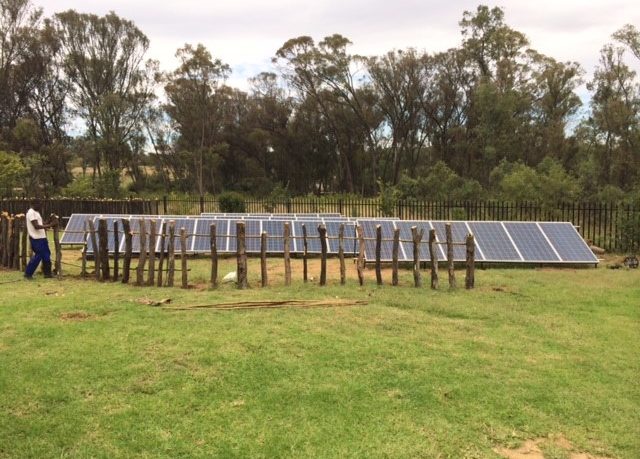The announcement was made this week at the Mini Grid Developers Workshop held recently at the Speke Resort Hotel, Munyonyo, Kampala. The mini grid project will be implemented by GIZ, a German NGO promoting development co-operation. The aim is to electrify up to 25 villages in Uganda.
There are currently 43 million people living in Uganda and this number is set to grow to 56 million by 2025. The majority of the population, just over 80%, resides in the rural areas. Only 21% of the population has grid access to electricity which is made up of 16% urban and 5% rural.
According to Mrs Ziria Tibalwa Waako, CEO, of REA, the plan is to increase rural electrification to 26% by 2022. She adds that by 2030, they hope to have 33% of all connections off grid, servicing 3.3 million families. In total, a potential 52.5% of the population can be served through a mini-grid system.
Independent Power Producers (IPP’s) are invited to express their interest in tendering for the project which will service villages in the Northern Territory, Lamwo District, Uganda. The successful IPP will be responsible for power generation, operation and maintenance plus metering and billing to end user. REA will provide the distribution and connection infrastructure for a nominal annual rent fee. The size of each mini grid will vary between 10Kw and 100Kw. Battery backup must be included in each system in order to ensure fixed load supply 24 hours a day.
In order to make the project financial viable and ensure that the resultant tariff is economically viable to the end user, the project will be subsidised thanks to the EU and the German Ministry of Economic Cooperation and Development. The subsidy is expected to be round 50% of project costs or E1.2 Million.
The project serves as a pilot to determine challenges and ultimately the feasibility of such a public private partnership. Looking forward, Mrs Waako adds that the concentration of the projects to a geographical area promotes economies of scale. She also confirms that the license application for future projects will be streamlined and shortened to ensure quick processing.
The roll out of large utility scale renewable projects has been slow in Africa due to the centralise nature of power supply, lack of grid infrastructure and challenges regarding finance. REA, the Ugandan Department of Minerals and Energy, the regulator ERA and GIZ can only be commended for such an initiative. If successful, the move may just be the catalyst for large scale roll out of mini-grids in Uganda and the rest of rural Africa.
Author: Bryan Groenendaal















